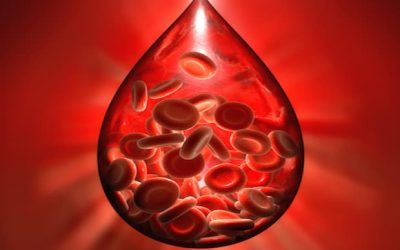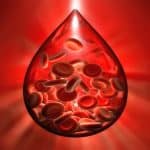The number of medicines prescribed on the NHS in England increased in 2017 but their net ingredient cost took a downturn, according to data released by NHS Digital.
In 2017, 1.11 billion prescription items were dispensed in the community, rising 0.15 percent (1.7 million) from the number in 2016.
Conversely, the net ingredient cost (NIC) of prescriptions, which does not take into account discounts, dispensing costs, fees, or the income from prescription charges, dipped 0.41 percent – or £37.6 million – to £9.17 billion.
Topping the list of items dispensed was cholesterol buster atorvastatin, with more than 37.3 billion prescriptions during the year, followed by levothyroxine sodium (31.5 billion), for thyroid disorders, and acid reductant omeprazole (31.1 billion).
The corticosteroid fluticasone propionate topped the list by net ingredient cost with £271.9 million, followed by enteral nutrition (£258.2 million) and pregabalin (£215.6 million), which is used to treat epilepsy, pain and anxiety.
“It is testament to advances in medical research, public health and the tireless work of our NHS that people are now living longer, however, this also means that people are living long enough to develop conditions such as high blood pressure and high cholesterol,” said Professor Helen Stokes-Lampard, chair of the Royal College of GPs, commenting on the data.
“As these conditions are identified more frequently, we have a responsibility to offer patients the right medication to manage them and reduce the risk of a heart attack or stroke in the future.”
However, the results also show a surge in prescriptions for controversial opioid painkillers.
An analysis of data by the BBC shows that nearly 24 million opioids such as morphine were handed out last year, which, it says, equates to 2,700 packs an hour and 10 million more prescriptions than in 2007.
Opioids are given to people to cope with cancer pain and short-lived acute pain, but it their growing use to treat long-term pain that is cause for concern, particularly as deaths attributable to this class of drugs is rising sharply.









